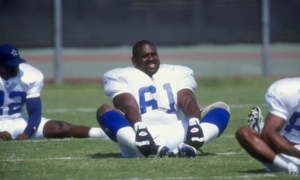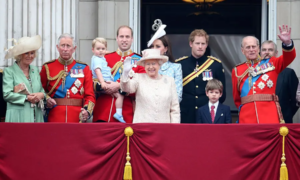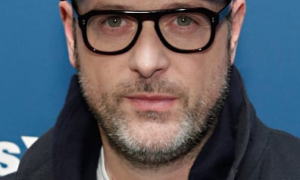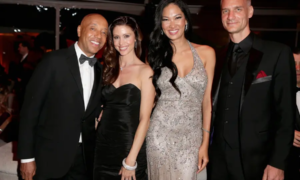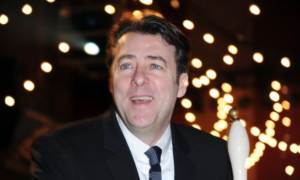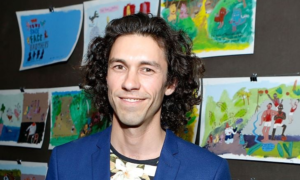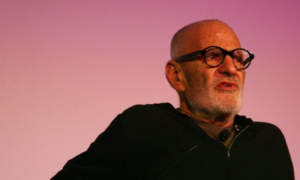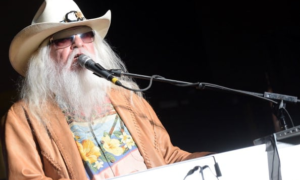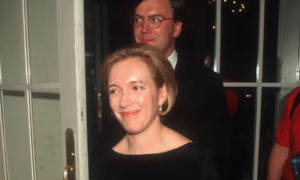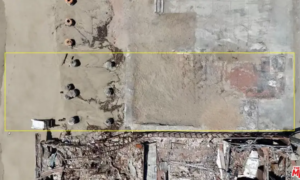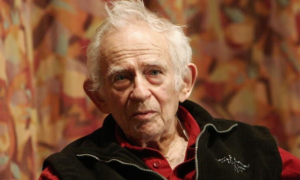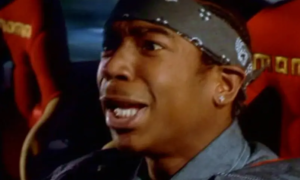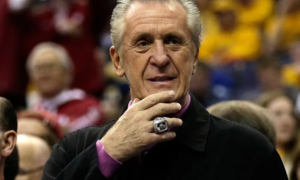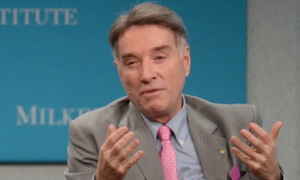Starring: Fion Whitehead, Mark Rylance, Kenneth Branagh
Directed by: Chistopher Nolan
Rating: *****(5 stars)
A very strange incident occurred at the end my viewing of Dunkirk in a packed theatre.
The audience clapped when the director’s name appeared during the end-credits.
This is a tribute to both the amazing magnetic attraction of the cinema of Christopher Nolan, as well as the formidable reputation that his latest creation has acquired within days of its release.
Dunkirk is much more than a war epic. To describe it as a masterpiece would be inadequate. To not describe it as one would be unjust. There have been many monumental works on the wages of war, but none that takes us so deep into the bowels of battle .
The camera in Dunkirk is no more an objective eyewitness to the goings-on.Abandoning all pretensions to objectivity Nolan and his extraordinary Dutch-Swedish cinematographer Hoyte Van Hoytema( who earlier shot Nolan’s outerspace gem Interstellar) penetrate right into the heart of the battle.
This is war. The World War 2, to be precise. Thousands of soldiers are stranded off the coast of France on an island called Dunkirk. This is the where the action begins. There is no linear thought-process at work way, no way we can pin down themes and plot points where we can applaud the director’s vision. Damn, Hans Zimmer’s music is no help. The sounds Zimmer creates are that of pounding peril and imminent catastrophe.
No matter what, Dunkirk won’t romanticize war.Shivering shaking moaning in nervousness and pain the soldiers only want to get home.
Nolan sweeps us into a saga so immense in its ramification, so profoundly immersive that we are left with no choice but to be dragged along into a crisis that we hope would never repeat itself. The narrative is non-linear. There is no room in Dunkirk for cinematic niceties. And yet the film moves at a powerfully persuasive momentum creating images of war’s ravages which are like nothing we’ve seen before except maybe in Steven Spielberg’s Saving Private Ryan which conveyed the same immediacy of war .
But Dunkirk goes beyond Saving Private Ryan. It moves from land to sea to air , capturing the pain and catastrophe in swirling motion of selfabnegation. The narrative surrenders to the actual incidents of evacuation to the extent that the director no longer controls the plot. Nolan lets the crisis speak for itself.
The actors are not in this for fame. You would find it hard to recognize most of them.There are no protagonists, only reluctant heroes.VERY reluctant heroes. The ordeal of evacuation and survival begins with a painfully young British soldier (Fion Whitehead) dodging bullets and rushing to the shore where he encounters hundreds of soldiers waiting to be rescued.
If he wanted Nolan could have devoted himself to the task of creating epic war-time images. He spares us the template pyrotechnics,he focuses on trying make sense of the absurdity and grotesquerie of wartime.
My favourite moments are on board that little boat that the brave and patriotic Mr Dawson (Mark Rylance) manoeuvres towards Dunkirk to carry out his own private rescue operations with his son(Tom Glyn Carney) and another boy with a memorable face(Barry Keoghan) who wants to make himself useful.
In a narrative that has no time for or patience with sentimentality there is a moment of heartstopping poignancy when a very young man dies and the other soldiers are told to be careful about not hurting him.
“But he’s dead, mate,” a soldier points out the obvious.
“That’s why you need to be more careful.”
When a culture and civilization buries the dead and moves on, it makes the same mistakes over and over again.
Dunkirk tells us why we need a man of Christopher Nolan’s vision to revisit the grave errors of history.











